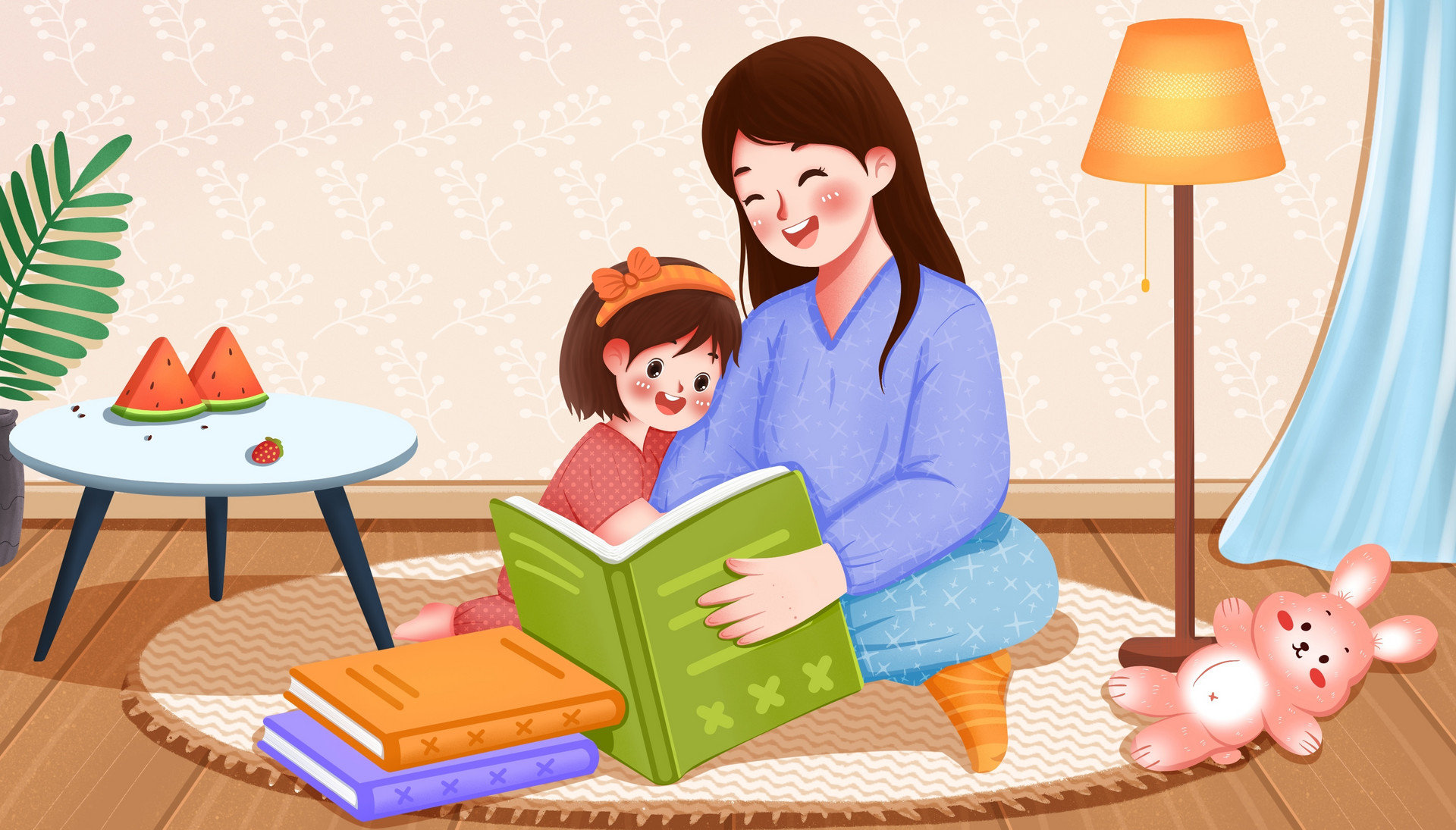Colds are a common illness in children and can occur at any time of the year, but they are especially common in the winter and spring seasons. The main symptoms of a cold in children include fever, runny nose, nasal congestion, and coughing. Sometimes, vomiting and mild diarrhea may also accompany these symptoms. Children under the age of one may experience more severe symptoms such as high fever, refusal to eat, and even seizures. Some families have a "medicine box" at home and give their children cold medicine from there instead of going to the hospital or buying medicine from a pharmacy. This can often lead to misuse of medication and should be avoided.
1. Don't use medication too early:
When a child has a little runny nose or coughs a few times, parents immediately give them medicine or rush to see a doctor. Most parents prefer to go to large hospitals with many patients. As a result, what was originally a mild cold may become severe due to excessive "keeping warm" or cross-infection with other sick children. Therefore, if a child does not have a fever and is eating, drinking, and going to the bathroom normally, there is no need to rush to take medicine or see a doctor.
2. Avoid using antibiotics:
Colds in children are often caused by viruses, and antibiotics are often ineffective against viruses. However, antibiotics can be considered in the following situations: when antiviral drugs fail to reduce fever; to prevent secondary bacterial infections in infants under 6 months old; when blood tests show a significant increase in white blood cell count; when a child frequently suffers from tonsillitis; or when bronchitis or pneumonia occurs.
3. Be cautious with fever-reducing medication:
Some parents immediately use fever-reducing medication as soon as they notice their child has a fever. However, fever is a natural response of the body to the invasion of viruses or bacteria, and it helps the body eliminate these pathogens, promoting the growth and development of children. Fever-reducing medication should only be used when the body temperature exceeds 39 degrees Celsius. However, these medications have significant side effects. For example, although aspirin has a good antipyretic and analgesic effect, it can damage the digestive system and liver and kidney functions. It can also cause Reye's syndrome or decrease white blood cell and platelet counts, especially in children under 3 years old. It is generally not recommended to use this medication. The side effects of fever-reducing medication should be closely monitored.
4. Do not use adult medication:
Some parents often give their children adult cold medicine without realizing that, due to their special physiology, children may experience unexpected side effects. Medications such as "Suxiao Jiuxin Capsules," "Ganmaotong," and "Antongding" can inhibit the bone marrow hematopoietic system, affecting the production of blood cells in children and reducing their immune function. Some medications can even cause toxic liver damage.
5. Avoid intravenous therapy if possible:
Many parents believe that intravenous therapy is an effective treatment for colds, but this method of treatment also has many adverse reactions and can even lead to cross-infection. For children with fever, it is best to choose a medication administration method based on the condition, with the principle of using oral medication instead of injections and intravenous therapy whenever possible.
6. Do not use too many medications:
Parents often become anxious when their child has a cold and want the cold to go away as soon as possible. As a result, they often give their child multiple cold medicines at the same time, which is quite dangerous. There are many different names for cold medicines, but most of them have similar ingredients and effects. Taking more than two cold medicines at the same time is equivalent to increasing the dosage of the medication, which significantly increases the risk of adverse reactions.












